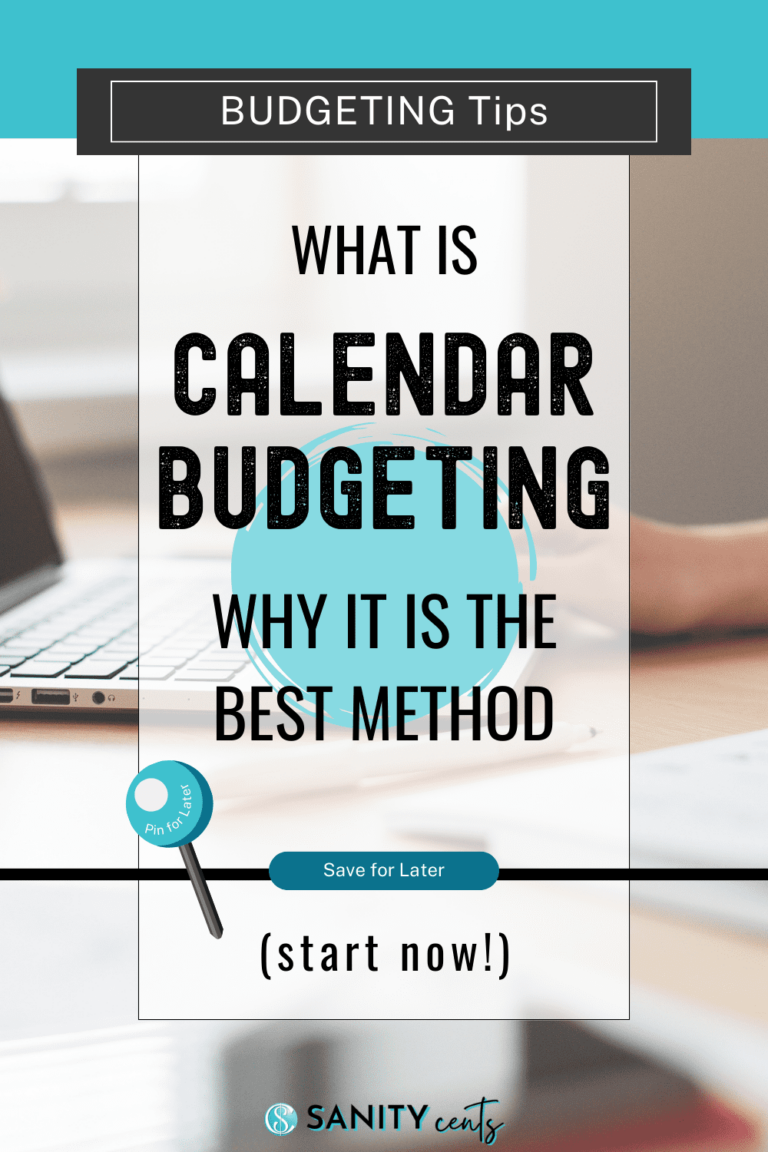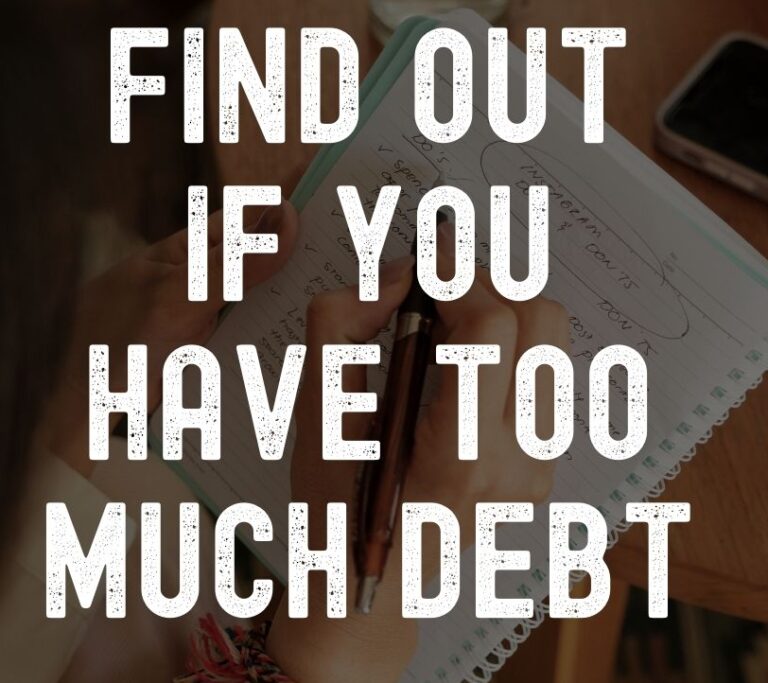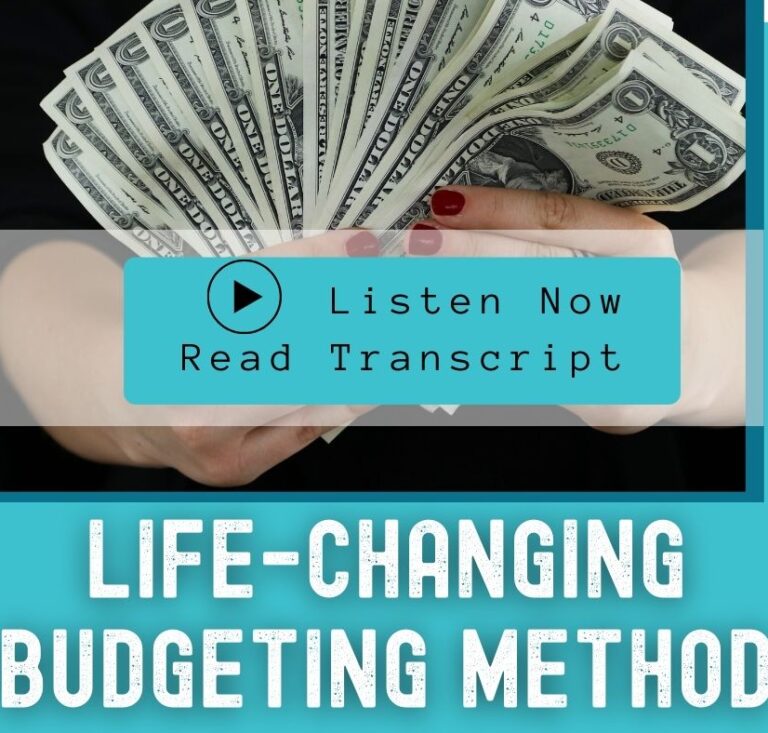Do you budget each month, but for the life of you, you can’t figure out why you are unable to manage your money? If this is you, the problem may not be you at all…it may be your budgeting method.

Failure of Common Budgeting
Let’s explore this idea further by observing a common way that people budget and are actually told by so-called experts to budget:
If Income – Expenses = a positive number, then you have enough money to cover your expenses.
Really? If this is all of the information that you have, how do you know you’ll have enough money? In some cases, this advice is misguided! Why? Because it isn’t factoring in your due dates–when are your bills paid and when do you get paid? How do you know that you’ll have enough money to cover your expenses before your next paycheck unless you look at the due dates?

If you are simply budgeting by based on total Income minus total Expenses, you are missing a KEY factor. So, how should you budget instead?
What is Calendar Budgeting?
Calendar Budgeting is a budgeting method using a calendar to identify if you’ll have enough money to pay your bills throughout the month. Don’t get me wrong, you still want to start by calculating your total Income and subtract your total Expenses, but then you want to put that on a calendar. By listing your expenses and paychecks by payment/due dates on a calendar, you can more accurately determine when money comes in and when money goes out –- but only if you also include a running daily balance, which is what I recommend.
Want know more about Calendar Budgeting?
Download the Free Step-By-Step Guide!
How do you setup a Calendar Budget?
First, calculate your total monthly income and gather up your monthly expenses (bills, groceries, gas, etc.), organized by due dates. You want to ensure that your income is greater than your expenses before you put them on the calendar. If your expenses exceed your pay, you’ll need to find ways to cut back on your expenses. Next, take a blank calendar, list your expenses (by due date) and insert your income (by your payday) onto the calendar.
The following steps are pivotal and demonstrate the reason that calendar budgeting is beneficial…Note your current bank account balance at the top of today’s date or the date that you are starting with. Then, for each day, subtract that day’s expenses from the account balance, add your paycheck (if you are getting paid that day) and record the ending balance at the bottom of the calendar block for that day. The ending balance becomes the beginning balance of the next day on your calendar. You would repeat these steps until you calculate all days on the calendar.
For step-by-step instructions on how to create a calendar budget, see the screenshots in this post here.
Benefits of Calendar Budgeting?
Calendar Budgeting has some notable benefits over traditional methods of budgeting.
- With a calendar budget, you can easily track your money from day to day throughout the month.
- With a calendar budget, you’ll have more confidence knowing that you will have enough money to cover your bills.
- With a calendar budget, you’ll be able to identify if you won’t have enough money in advance of it happening.
- With a calendar budget, you can more easily make adjustments to your spending if something unexpected comes up.
Budgeting with a future-focused mindset gives you more confidence. You have more control. When you know how much money you have every day, you’ll feel more empowered to setup auto-pay so you don’t have to worry about missing a due date again.
With all of these benefits, why would you use any other method to budget than calendar budgeting?
Ready to begin Calendar Budgeting?
Download your FREE Step-By-Step Guide now!






